


How ready are you to make the next step in your technology career? What skills and capabilities should you be focusing on to empower yourself to make that move? Wherever you are in your professional trajectory, we offer you a powerful learning process that allows you to harness your full tech potential.
Our portfolio of programmes in data analytics, data engineering, data science and artificial intelligence enables you to broaden your tech knowledge.
As a curious professional, you can turbocharge your career by picking any topics from our Applied MSc curricula.
While customising your training & development, consider the following:

Individuals or companies who want to train their employees on Data and AI can choose to complete one or more modules among the following.
A course that covers the fundamental concepts of Descriptive Statistics, Probability Theory, and their practical applications using the R programming language.
This course provides an overview of data structures, cleaning and preparation techniques, Pandas, Matplotlib, Scikit-learn, OpenCV, Python and Flask, Keras, and Numpy for developing data-driven applications.
The course covers critical points, optimization of multiple variable functions, gradient methods, and constraint-based optimisation using Lagrange Multipliers, and their applications using Python.
This course delves into the fundamental concepts of Perceptron’s layers, weights, biases, and hyperparameters, along with activation and cost functions, optimization algorithms, and backpropagation. Students will learn the learning mechanism of Perceptron, its applications in classification and regression, and how to implement them in Python using TensorFlow.
In this course, students will be introduced to PyTorch and gain knowledge of neural architectures and their applications, as well as receive training on a GPU for neural network implementation.
A course that builds on the concepts covered in Part I and focuses on topics such as Tests, Estimators, Confidence Intervals, Inference, ANOVA, PCA, Simple Linear Regression, and their applications using R.
This course covers multiple linear regression, CART and Random Forests, and their applications, including feature selection and engineering, models comparison and competition, with a focus on practical applications using R.
A course that provides context for new uses of massive datasets, including open data, social networks, and Twitter, and covers a review of conventional statistical methods and their suitability for massive datasets. It also covers the latest alternative statistical tools for analysing modern datasets, with a focus on their implementation in realistic situations using R.
A course that provides a comprehensive study of survival data analysis employing parametric, nonparametric, and semiparametric methods using R.
A course that teaches data cleaning and preparation, data structures, and machine learning tools such as Pandas, Matplotlib, Scikit-learn, Keras, and Numpy, as well as Flask and OpenCV for web applications.
A course that covers the fundamentals of relational databases, relational algebra, advanced SQL queries, stored procedures, triggers using T-SQL, dynamic SQL, and their applications with Microsoft SQL Server for data wrangling and manipulation.
This course in the MSc in Data Engineering and AI programme provides preparation for the AWS Certified Solutions Architect – Associate Certification.
A course provides a comparative overview with Amazon AWS and focuses on Azure Services relevant to data lakes and data pipelines.
A course that covers topics such as system security design patterns, infrastructure security, data at rest and in-transit encryption, and code safety to provide a comprehensive understanding of how to protect computer systems and networks from cyber threats.
A course that covers the design and implementation of a data warehouse, structuring an Extract, Transform, and Load process, and their applications using Microsoft SQL Server in stand-alone and cluster deployments.
A course that provides preparation for the Neo4j certification, covers graph-based problem modelling, and implementation with the Neo4j graph database for NoSQL data management.
A course that covers XML data flow, DTD and schemas, XSL transformations, JSON, and their transformations, and how to build efficient and scalable data pipelines.
A course that covers representing and querying web-rich data using RDF and SPARQL, introducing semantics in data using RDFS and ontologies, and tracing and following data history using VOiD, DCAT, and PROV-O.
A course that covers HDFS, scheduling & resource management, workflow management & ETL, dataflow management, scalable enterprise serial bus, real-time processing with SPARK, machine learning, and data exploration & visualization.
A course that focuses on the various tools and technologies involved in DevOps, including Nagios, Consul, Docker, Ansible, GitHub, and Continuous Integration with Jenkins and Kubernetes.
This course covers the essential concepts of Probabilities and Distribution, Descriptive Statistics, and Visualisation techniques, and how to apply them using the R programming language.
A course that teaches how to import and manipulate large datasets with R, select the best data structures, transform, visualize, explore and model data.
A course that teaches data cleaning and preparation, data structures, and machine learning tools such as Pandas, Matplotlib, Scikit-learn, Keras, and Numpy, as well as Flask and OpenCV for web applications.
A course that covers advanced topics such as Recurrent Neural Networks, Long Short-Term Memory (LSTM), Residual Networks, Computer Vision and Natural Language Processing (NLP), Deep Learning on GPU, and their applications in Python using PyTorch.
A hands-on course that teaches data cleaning and preparation, data structures using pandas and numpy, visualizing data with matplotlib, implementing machine learning algorithms using sci-kit-learn and deep learning with Keras in Python.
A course that covers advanced Excel formulas, data visualization techniques, PowerPivot, Solver, and Visual Basic for Application programming, and their applications for data analytics and machine learning.
A course that covers the fundamentals of relational databases, advanced SQL queries, stored procedures, triggers using T-SQL, dynamic SQL, and their applications with Microsoft SQL Server for data wrangling and manipulation.
A course that covers the design and implementation of a data warehouse, structuring an Extract, Transform, Load process, and their applications using Microsoft SQL Server in stand-alone and cluster deployments.
A course that provides preparation for the Neo4j certification, covers graph-based problem modelling, and implementation with the Neo4j graph database for NoSQL data management.
A course that covers XML data flow, DTD and schemas, XSL transformations, JSON, and their transformations, and how to build efficient and scalable data pipelines.
A course that introduces the fundamentals of descriptive statistics, probability theory, and their applications using R programming language for data analysis.
This course teaches how to import, manipulate, transform, visualise, explore, and model very large datasets in R, with a focus on selecting the best data structures for optimal performance.
A hands-on course that teaches data cleaning and preparation, data structures using pandas and numpy, visualizing data with matplotlib, implementing machine learning algorithms using sci-kit-learn and deep learning with Keras in Python.
A course that covers the data visualization and machine learning ecosystem, with a focus on tables and machine learning using SAS Viya.
A course that covers the preparation for the Analyzing Data with Microsoft BI (PL-300) certification and its applications in reporting and data visualisation.
Enrolling for our training & development courses is the easiest procedure.
If you wish to acquire or improve Data and AI skills or accomplish a complex programme, try to define your scope of learning. Then, compare your goals with our curricula to identify which subjects or topics are suitable for you.
We invite you to book a one-on-one meeting with us. We can discuss your learning goals and which topics can actually help you achieve the goals. The scope of the interview typically includes the topics included, mode of study, time duration and other requests.
After finalising all the parameters of your Training & Development customised programme, we start the classes.
You may choose at least 50 hours of content to learn. Typical pricing for an individual is as follows:
Number of Hours | Pricing in Euros* |
50 | 1400 |
75 | 2100 |
100 | 2800 |
125 | 3500 |
150 | 4200 |
200 | 5600 |
250 | 7000 |
Companies that are interested in upskilling their employees may contact us directly. We will help you find the most suitable training module for your applications.

Profesionnals motivated to upskill themselves for a brighter future may start on our courses on their own with personal funds.
For Working Professionals in France
Do you want to take training to develop professionally? Know that everyone working in France has a Compte Personnel de Formation (CPF) from the moment they enter the labour market until their retirement. The CPF replaced the Droit Individuel à la Formation (DIF). CPF can be used throughout your working life (including in periods of unemployment) to follow a qualifying or certifying training.
For Working Professionals in France
The Projet de Transition Professionnelle (PTP), formerly CIF, allows employees to take time away from their jobs to undergo training to enable them to change their trade or profession. The PTP is conditional and is granted upon request to the employer. The employee shall be paid throughout the training.
DSTI – School of Engineering
Private Higher Education Institution
As a front-runner in data and AI in France, DSTI offers an Applied Bachelor at RNCP 6. Our Applied MSc hold RNCP 7 accreditation. Further, DSTI is recognised under the 3IA Cote d’Azur Label for extensive AI content and proudly possesses Qualiopi RNQ certification, affirming quality of processes.
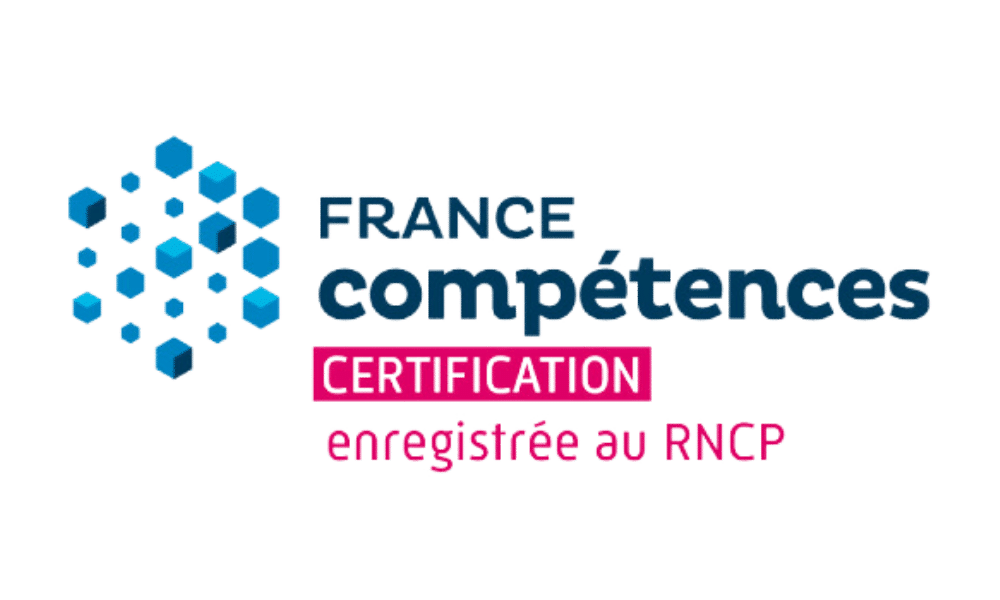

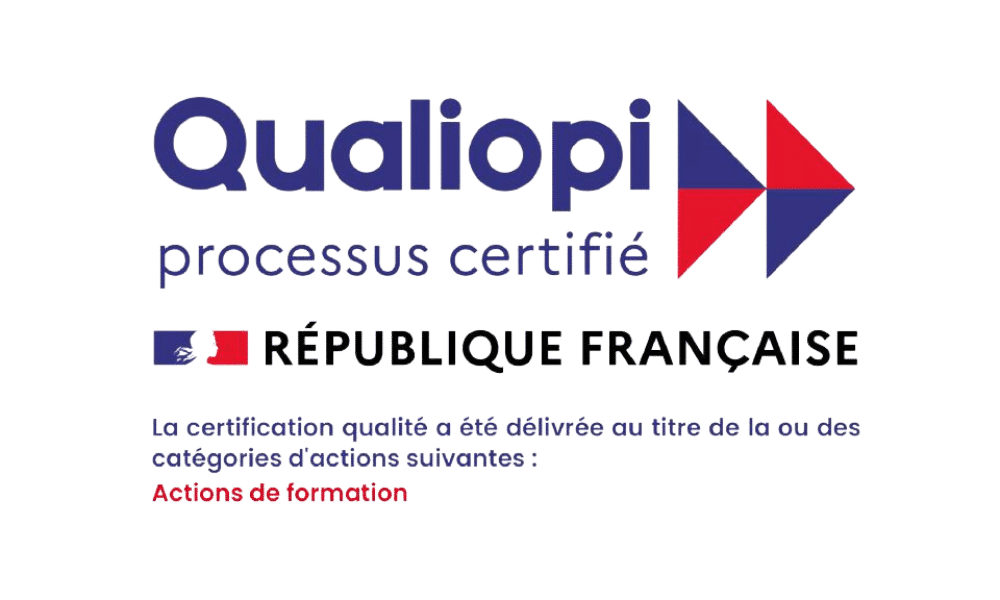
The Data ScienceTech Institute (DSTI) has formed strategic partnerships and affiliations with a number of key organisations, including the likes of AWS, SAS, Microsoft, Arts et Métiers, and 3IA Côte d’Azur. These partnerships are vital because they help keep our syllabus current and our resources updated. With these partners, we are better equipped to support our students as they advance their careers in data.
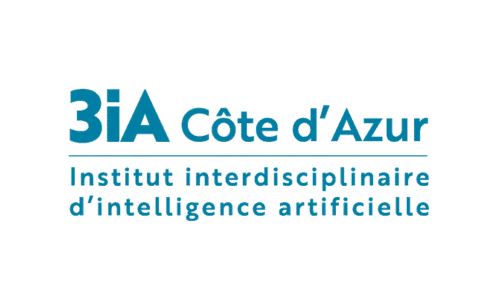

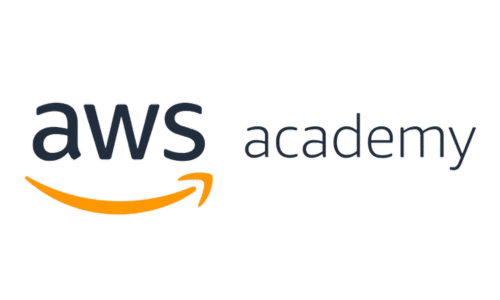
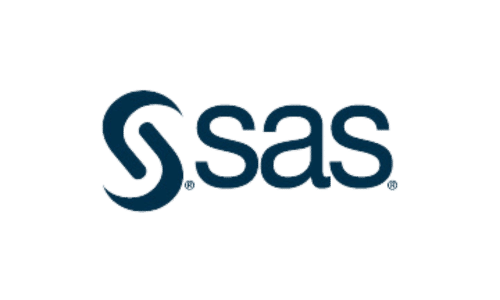

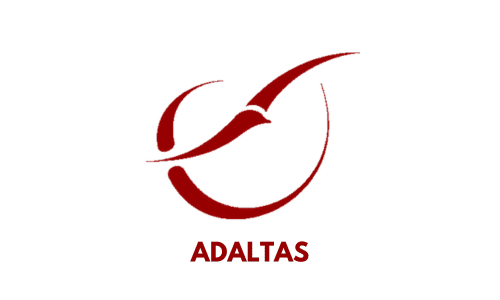

950 Route des Colles
Les Templiers
06410 Biot (Sophia Antipolis)
Alpes-Maritimes, France
4 Rue de la Collégiale
75005 Paris
Île-de-France, France
+33 (0) 489 412 944
© 2024 All Rights Reserved.
At DSTI, we provide one-on-one online meetings with prospective students. Here we answer all their questions regarding our Applied Bachelors and Applied MSc courses.
At DSTI, we organize online group meetings where we share valuable information about our selection of Applied Bachelors and Applied MSc courses in data and AI.
DSTI organizes online group meetings to provide information about our range of Applied Bachelor and Applied MSc programs in data and AI.
Every Wednesday from 2PM to 6PM CEST, DSTI’s Paris Campus hosts an open day for all, no appointment necessary. Inquiries regarding admission, courses or other related topics are welcomed. We are delighted to provide answers to your questions.
On our Open Days, know more about